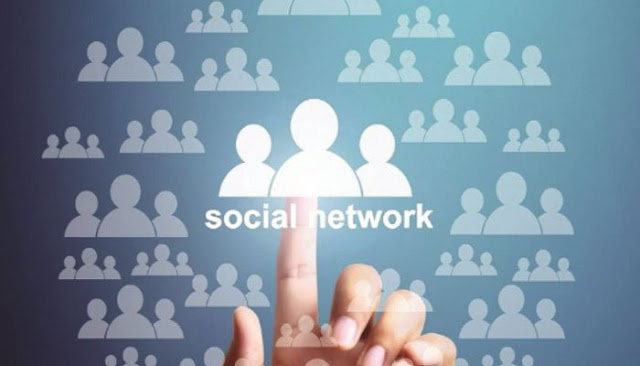Many of us today spend all day sharing, liking and tweeting pictures and posts on social media. But very few people think about how this process affects our most active machine, the brain.
Throughout history, due to the introduction of modern inventions, the human brain has been in need of understanding some kind of progress. The rapid development and spread of the Internet and social media have also had a profound effect on the human brain.
 |
| Socail media and Human Thinking |
For some, online networking has become a way of life with a part-time interest and a full-time hobby. According to psychiatrists, we need to remember that the more friends a person has on Facebook, the bigger the gray matter of their brain.
We never tire of talking about the social and societal effects of online networking, but we seldom talk about the effects it has on the human brain. There may be a lack of research. Yet the little research that has been done so far is undoubtedly worth analyzing.
For example, a Royal Society survey found that the number of friends on Facebook is directly related to the amount of gray matter in our brains. When researchers measured its volume, they found that the more friends it had on Facebook, the more gray matter it had in some parts of its brain.
Yet in the absence of any obvious desire in the background of this situation, it is a kind of hen and egg-like condition where we cannot say with certainty whether the people in whom the gray matter is very high, are generally .
They perform better in online networking o
r the gray meter is formed due to the number of friends of a person's Facebook. Since memory is one of the basic elements of gray meter, so online networking Questions are often raised about the impact on our ability to assess our situation.
Many people complain that the fact that we use online networking to communicate with someone, for example, is the exact opposite of remembering their telephone numbers and contact details. So that's how we're damaging our memory. But scientific evidence shows that the reality is quite the opposite.
In 2012, analysts Tracy Pacquiao Elliott and Ross Jeffrey described the effects of different online networking channels on our memory, cognitive abilities, and social interactions at different levels.
Presents a research paper entitled "The Impact of the Use of Shell Networking Sites (SNSs) on Cognitive Skills." He found out from the research that different types of exercises at different stages definitely have a decisive effect on the active memory of the members.
For example, he asked a member to check the Facebook status of his friends. The higher the level of functional memory, the more dramatic the improvement. Research has shown that in order to get more information, ie to check more statuses, look at more pictures and have more conversations, our brains work together .
It takes a lot of hard work to give. According to experts, the more work is done on the cerebrum like a muscle, the more balanced its growth is.